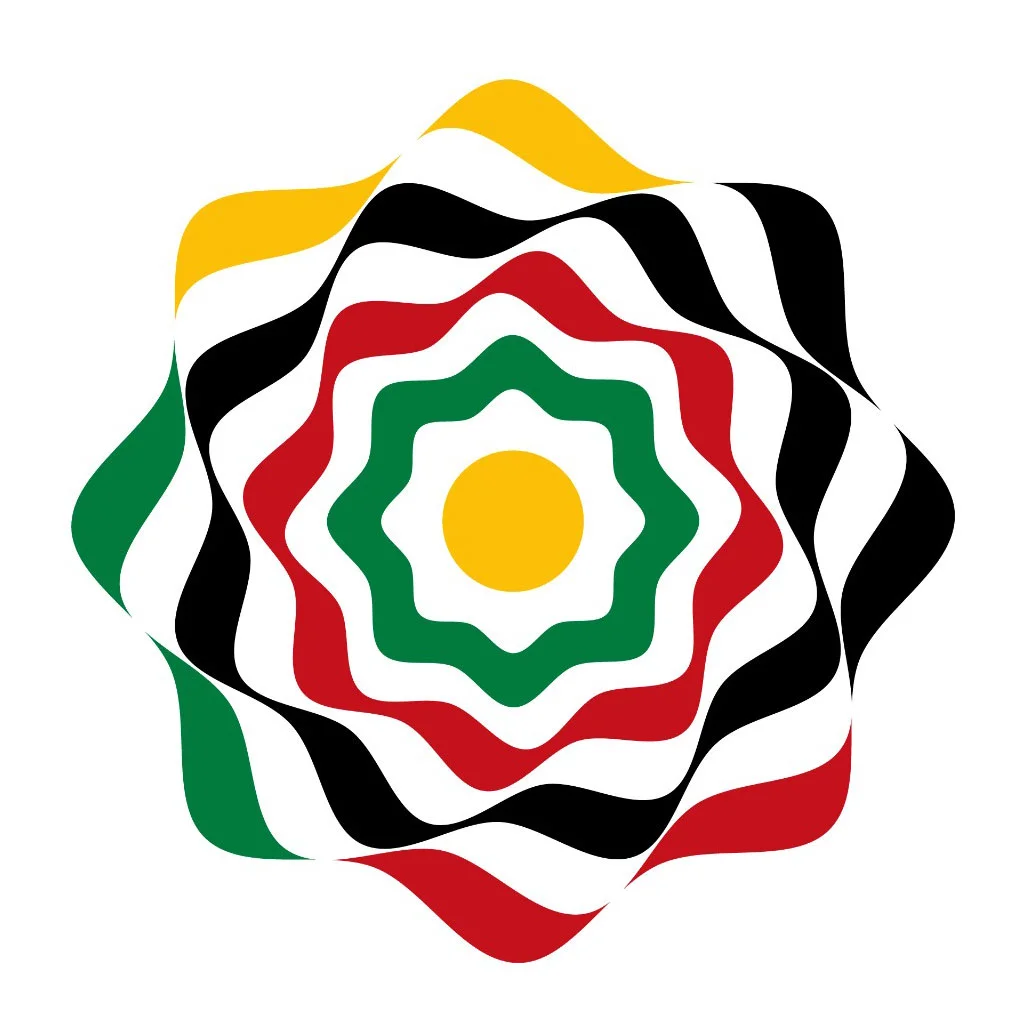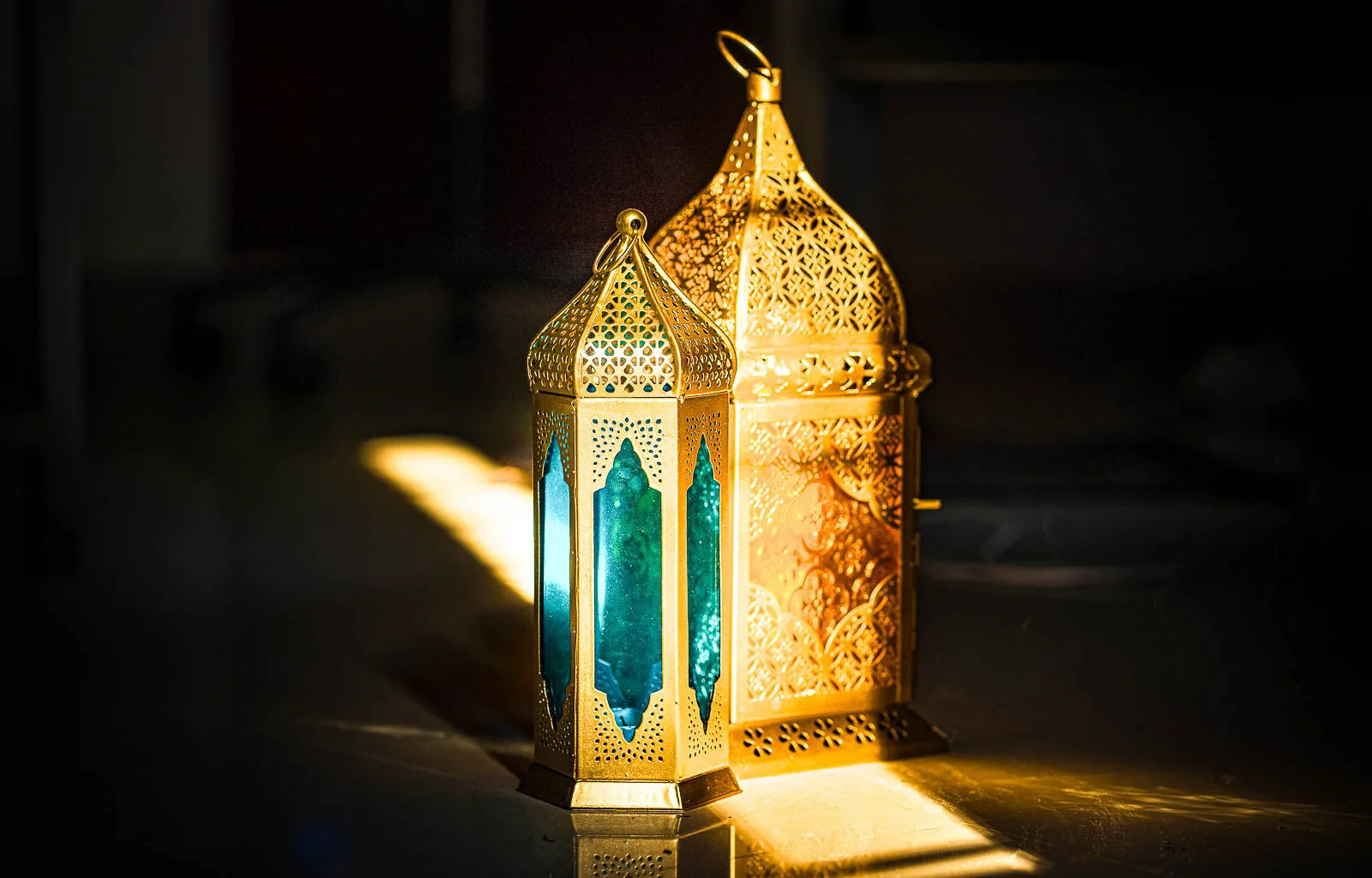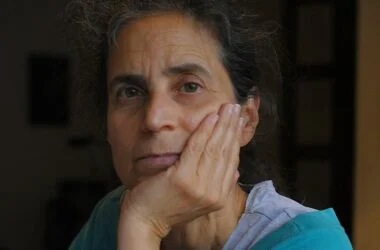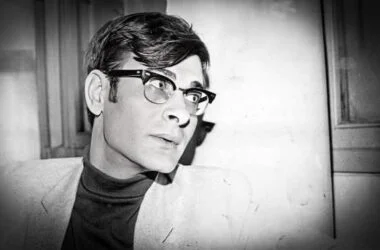Ibrahim Tuqan’s immortal spirit lingers within the opulent Arab artistic heritage, a poetic legacy, and, with an unwavering voice dedicated to the Palestinian cause, continues to echo in the souls and thoughts of countless generations.
Tuqan was born in 1905 in the city of Nablus in Ottoman Palestine. He became a ray of hope and resistance during tumultuous times and radical changes in the region.
From an early age, Tuqan exhibited an exceptional aptitude for poetry, and his strong beliefs in social justice and national emancipation were the themes of his work. His poems captivated his readers through haunting images that depicted the beauty of his homeland and the Palestinian people’s struggle for freedom and self-determination.
As his reputation blossomed, he became an influential figure in the rising Palestinian national awakening. Most of his poems, adorned with the essence of steadfastness in the face of oppression and a profound affection for the ancestral homeland, evolved into chants for the brave fighters who aimed to preserve their identity and their land in the face of adversity and invasion.
In “Mountain Dew”one of Tuqan’s most celebrated works, he painted a zealous portrait of rural Palestine, capturing, through vivid and endearing poetry, the essence of the landscape and everyday life. He managed to awaken a sense of collective belonging and strengthened the determination of a deprived society using intense metaphors and undeniable passion.
Amidst the grip of the British Mandate in Palestine, Tuqan stood resolute, wielding his pen as a gleaming sword, defiantly challenging the shackles of oppression and the cruel hands of injustice. His unwavering courage and dedication to the truth shone forth like a radiant beacon of hope, casting its light upon the hearts of all who yearned for the sweet embrace of freedom and the right to forge their own destiny.
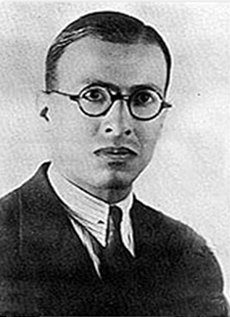
In the hushed echoes of time, Ibrahim Tuqan’s essence lingers, woven into the very fabric of Palestine’s cultural and political tapestry. His verses, like muttered secrets from a past era, spark the flames of youth who battle to preserve the sacred recollections of their homeland amidst resistance and a world that is forever shifting, tumultuous and ever-changing.
Though Ibrahim Tuqan passed away in 1941, his essence dwells in the verses and shared recollections of his people, whispering that the resolute voice can never be hushed, and that poetry holds the power to cross the confines of chronological and spatial boundaries, forever reaching into the depths of souls and the conscience of generations yet to be.
Throughout his life, Ibrahim Tuqan was a steadfast advocate of education, and he defended the significance of safeguarding cultural heritage and Palestinian identity through the art of teaching and the embrace of literature.
During his earthly journey, Tuqan penned hundreds of verses that spoke to the splendor of Palestinian landscapes and the enduring strife of a people burdened by the weight of oppression and the shadow of colonialism.
My homeland
My homeland
Glory and beauty
Sublimity and prettiness
Are in your hills
Life and deliverance
Pleasure and hope
Are in your atmosphere
Will I see you?
Safe and comfortable
Sound and honored
Will I see you?
In your eminence
Reaching the stars
My homeland
My homeland
My Homeland
